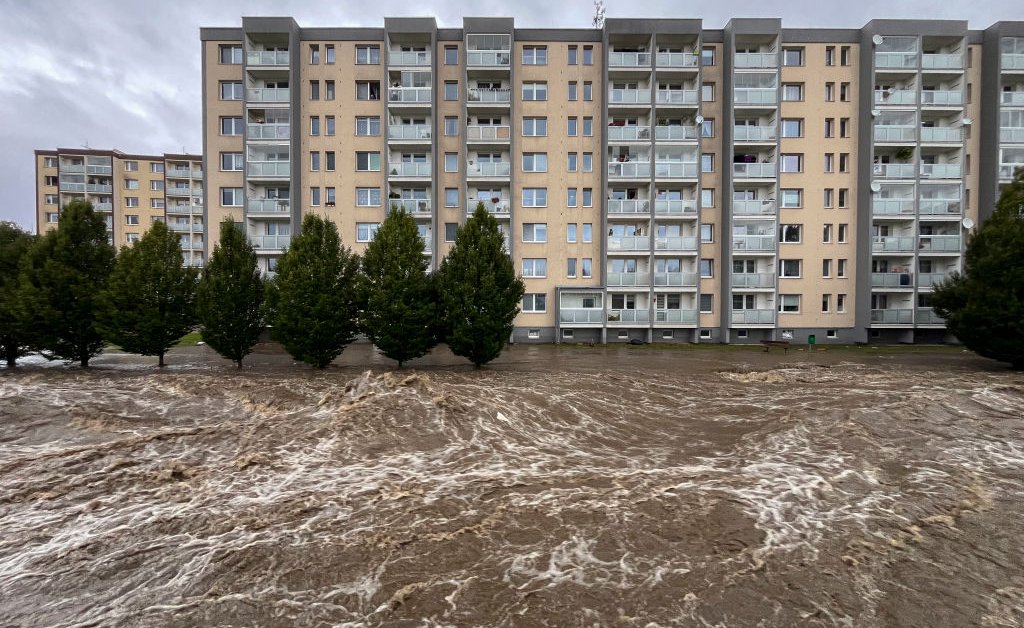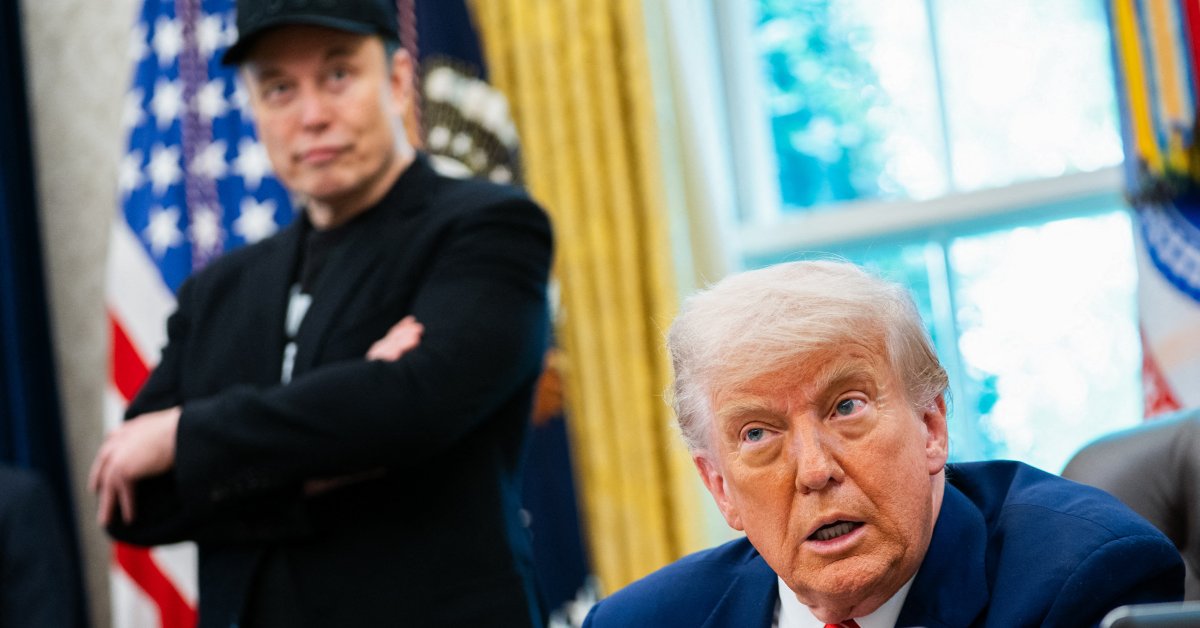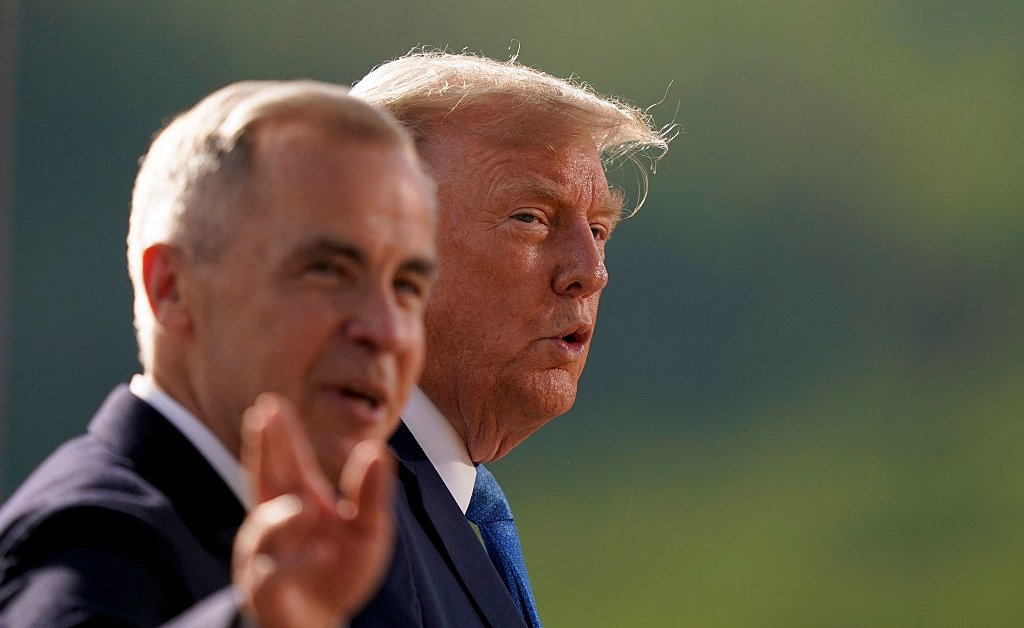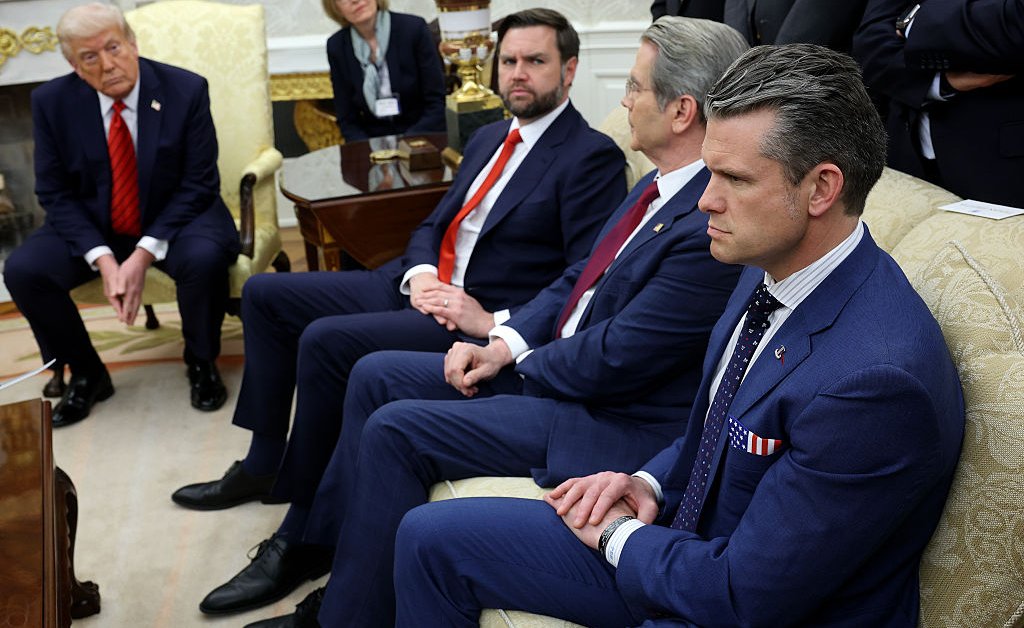“One of these days we are going to face a truly staggering loss.” Warren Buffett’s final letter to Berkshire Hathaway investors this year is worth re-reading. The message from a man worth over $150 billion is clear: the climate crisis is getting worse and we need to be prepared.
Buffett is not alone. A spate of mostly unreported warnings from leading insurance companies landed in 2025, all with equally bleak messages. Allianz said climate poses a “systemic risk” to its portfolio. GallagherRE said $150 billion damages a year from climate-related events is a “new normal.” MunichRE talks of $320 billion losses from these impacts in 2024. Aviva says extreme weather damages from 2014 to 2023 hit $2 trillion. When insurers are this vocal, we really ought to take notice.
We live in an era in which many oil and gas experts increasingly feel the need to argue that accelerating the transition away from dirty energy represents a risk. They rarely, if ever, mention the costs of extreme weather due to climate change. But when even an organization in an oil rich county warns of the impacts, it’s clear no one is ignoring this challenge. One of Saudi Arabia’s top research institutes KAPSARC says its ability to produce fresh water will face increasing challenges as oceans warm. No water, not much life.
Gunther Thallinger, who sits on Allianz’s board, writes we are fast approaching temperature levels “where insurers will no longer be able to offer coverage for many of these risks.” The fact is, business leaders are preparing for worsening weather conditions. The risks are very real, as are the costs. Often I hear: If only we had a plan.
In truth, we already have a plan: It’s called the Paris Agreement, which I helped deliver in 2015.
We are not seeing countries shift as fast as they need to, but we are seeing them shift. This was always part of the plan. In 2024, $2 trillion was invested globally in the clean transition versus $1 trillion in fossil fuels. And as agreed in Paris, every five years more than 190 countries are now submitting plans for shifting off fossil fuels.
The next tranche of these plans are due this year. In the coming months we can expect the E.U., India, and China to deliver their goals for 2035. Given they represent nearly 45% of global emissions, these three are key.
For Brussels, this is a reality check. I believe an increasingly competitive and confident E.U. can—and will—strike hard, embracing the “electricity” age and freeing itself from the self-imposed shackles of Russian, Gulf, and U.S. gas dependency. Clean energy—as the International Energy Agency makes clear—“protects consumers from price volatility.”
In China, rapidly expanding clean energy has sent carbon emissions into reverse for the first time, part of a 15 year plan by Beijing to electrify its economy and reduce its dependence on fossil fuels. The opportunity now is to turn this inflection point into a sustained decline.President Xi reaffirmed this goal in April, signalling China’s continued commitment to its dual carbon targets.
In India, air pollution and extreme heat waves are getting worse. The country has faced over 400 extreme weather events in the past three decades, causing at least 80,000 deaths and economic losses totalling $180 billion.
Quitting coal is a win-win-win—for economies, human health, and the planet.
Yes, diplomacy is hard and it moves slowly. Yes, the world faces headwinds. But consider the alternative path that the myriad fossil fuel experts would have us take. A world where climate damages rise fast in every region spiking food prices and disrupting already fragile supply chains. A world marked by instability and rising conflict, volatile markets, and erratic oil prices driven by the OPEC cartel and allies.
Some 80 to 89% of people around the world want their governments to do more to tackle the climate crisis, a survey across 125 countries interviewing 130,000 people suggested in 2024. This is a fact that Brazil, host of this year’s U.N. climate conference, known as COP30—who I am now assisting as a special envoy—are well aware of as they prepare for a deal in Belem.
I firmly believe COP30 will represent another step in the right direction, with over 190 countries signalling support for tougher climate action, delivering better climate plans and facilitating access to climate finance in times marked by austerity and cuts to overseas aid. Paris kickstarted the fourth industrial revolution. The gates are now open and they will not close.
Only one country has ever quit a global climate deal: the U.S. which exited the Kyoto Protocol in 2001, and the Paris Agreement in 2016 and again in 2025. History tells us they won’t be joined by others. As President Trump is finding out, it is easier to open negotiations than it is to close them. In 2015, we closed a great deal for the world. It took a monumental effort. But 10 years later that deal is still delivering.








